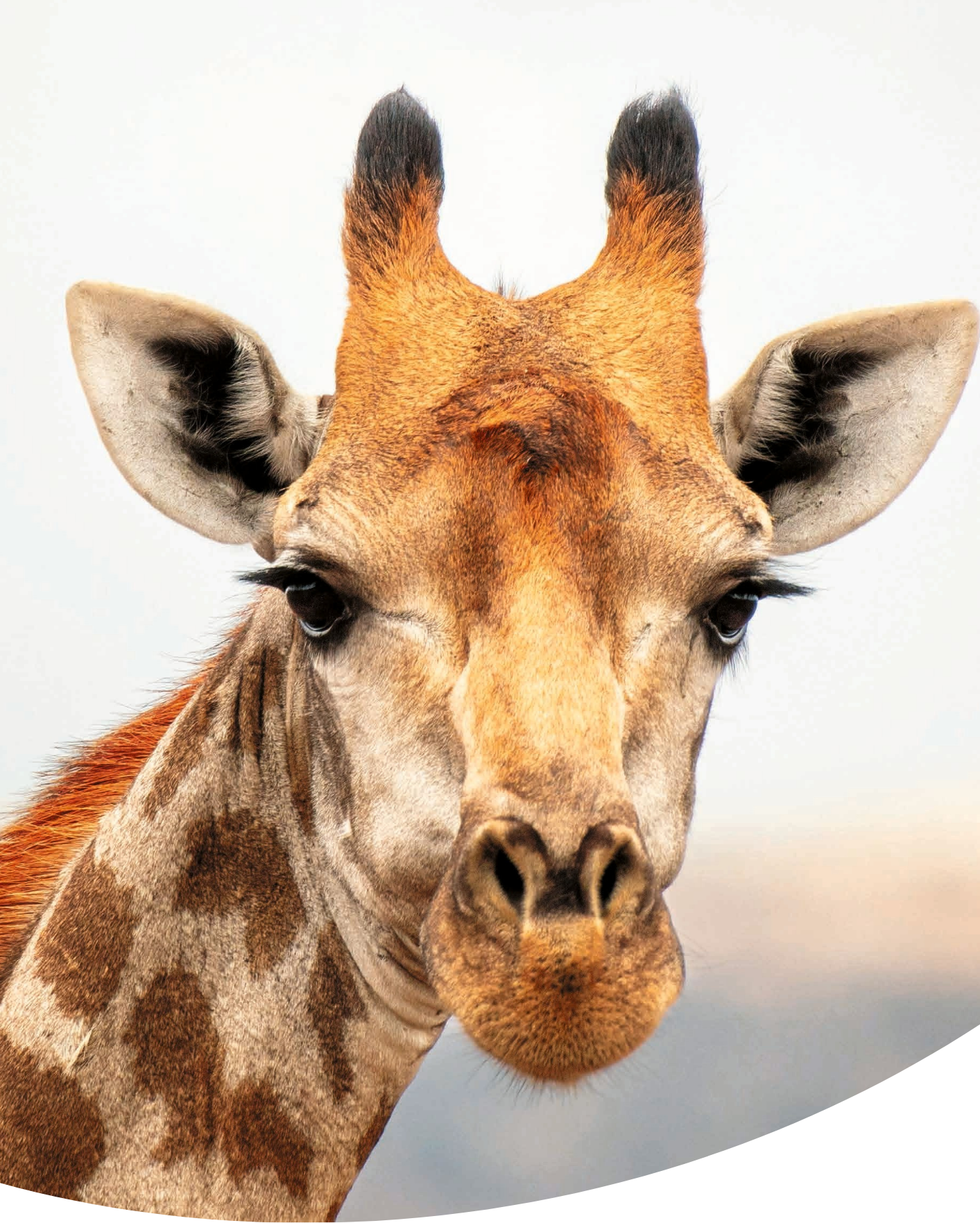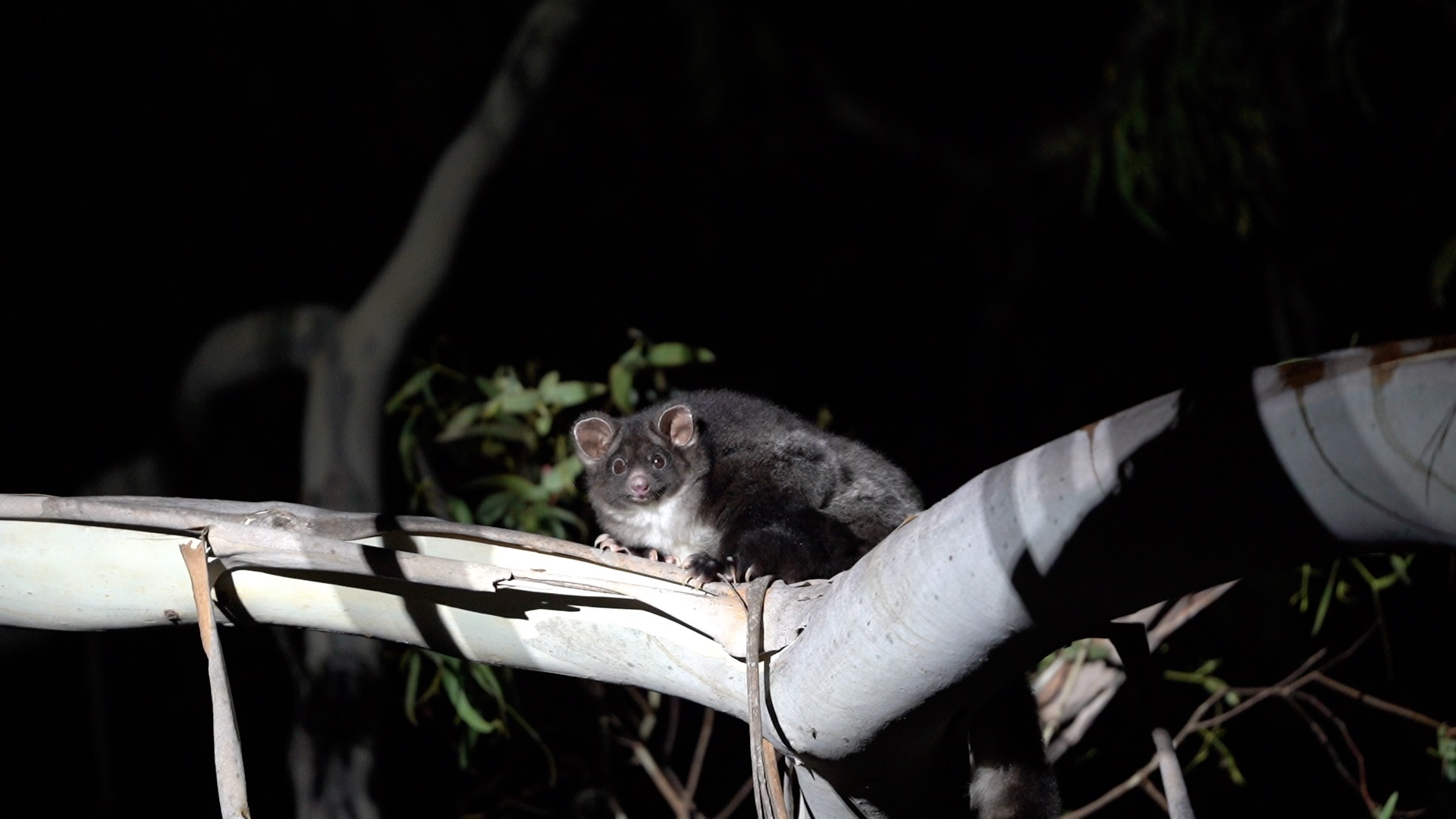Find out more about our work on federal environment reforms, the recent victory in protecting whale sharks, an update on our partner projects and lots more.
158 glass frog species and 95 species of sharks and guitarfishes receive new protection; international trade in hippo parts for commercial purposes will continue
PANAMA (Nov. 25, 2022)—The 19th meeting of the Conference of the Parties to the Convention on International Trade in Endangered Species of Wild Fauna and Flora—known as CITES— is concluding today. Delegates from the 184 member countries considered 42 proposals to increase or decrease protections for 348 species of wild animals during the past two weeks in Panama.
345 wild animal species will now have new or increased protection from international trade. Sharks, guitarfish rays, stingrays, glass frogs, lizards, turtles and birds are among the animals who benefitted from the meeting. The Parties also agreed to reduce by 610 the number of leopard hunting trophies and skins for personal use that can be exported from a list of African parties. At the request of Kenya, Malawi and Ethiopia, Ethiopia’s annual export quota for leopards was slashed from 500 to 20 and Kenya and Malawi were entirely removed from leopard export quota allocations. In addition, the participating nations refused to adopt dangerous proposals that would have opened international trade in horns of southern white rhino and African elephant ivory.
Of the greatest disappointments is the failure of the Parties to increase protection of hippos by ending the legal international trade in hippo parts, mainly their ivory teeth, for commercial purposes. The European Union, which cast its 27 votes against the proposal, ignored the pleas of hippo range nations for help and left open this avenue actively used by wildlife traffickers.
“Ninety-five species of sharks and guitarfishes received new protection on CITES Appendix II,” said Rebecca Regnery, senior director for wildlife at Humane Society International. “These species are threatened by the unsustainable and unregulated fisheries that supply the international trade in their meat and fins, which has driven extensive population declines. With Appendix II listing, CITES Parties can allow trade only if it is not detrimental to the survival of the species in the wild, giving these species help they need to recover from over-exploitation.”
“Glass frogs received new protection on CITES Appendix II,” said Grettel Delgadillo, deputy director for Humane Society International/Latin America. “Glass frogs will finally receive the protection they badly need, in face of the horrific, increasing and often illegal international pet trade. It was crucial that all 158 species of glass frogs were included in Appendix II since it is difficult to distinguish the species of glass frogs in trade. The listing will keep these highly sought-after and threatened frogs safe from the international wildlife trade.”
“At the request of Kenya, Malawi and Ethiopia, the parties agreed to significantly reduce, by 610 leopards per year, those countries’ quotas for exports of leopard hunting trophies and skins for personal use, eliminating Kenya and Malawi’s quotas altogether,” said Sarah Veatch, director of wildlife policy at Humane Society International. “This is significant because leopard populations have declined 30% over the last three generations in sub-Saharan Africa—contrary to consistent overestimations by many pro-hunting range countries—and we are missing adequate data to truly understand the extent of the leopard’s plight. Excessive trophy hunting quotas based on foreign hunting interests—not science—are adding dangerous pressure on leopards who are also threatened by habitat loss and other factors. While we applaud this step taken at CITES this week to protect these iconic animals, Parties still have more work to do in zeroing out leopard export quotas for all countries if we are to protect this beautiful species from disappearing.”
“We are severely disappointed that the parties did not adopt a proposal to halt the tragic, legal international trade in hippo ivory and other parts for commercial purposes,” said Sophie Nazeri, program coordinator of wildlife for Humane Society International. “The common hippopotamus is threatened by poaching for their ivory teeth which are laundered into the legal hippo ivory trade. Unfortunately, the parties, especially the European Union which cast its 27 votes against the proposal, ignored the pleas of hippo range states for help and have left open this dangerous, cruel avenue used by wildlife traffickers. Humane Society International will continue to fight for the protection of this incredible species.”
The conference agreed to Australia’s proposal for CITES highest level of protection for its endemic pygmy blue tongue lizard which is imperilled by the international pet trade.
Nicola Beynon, Head of Campaigns for Humane Society International/Australia, said, “Australia’s unique reptile fauna is sadly highly prized in the exotic pet trade in Europe and America despite trade from Australia long being illegal. Now thanks to the CITES Appendix listing the international community will also ban imports and exports of the species across their borders. HSI thanks Australia for protecting the pygmy blue tongue lizard and looks forward to future nominations for other reptiles that are regularly and cruelly smuggled into the exotic pet trade.”
CITES members increased or provided new protection for:
- 95 shark species, including 54 species of requiem sharks, the bonnethead shark, three species of hammerhead shark and 37 species of guitarfishes, traded internationally for their fins and meat.
- Seven species of freshwater stingrays and the zebra pleco traded internationally in the aquarium fish trade.
- 160 amphibian species including 158 species of glass frogs, the lemur leaf frog and the Laos warty newt, traded internationally as exotic pets.
- 52 turtle species including the Amazon matamata turtle, the Orinoco matamata turtle, the alligator snapping turtle, common snapping turtle, five species of broad-headed map turtles, the red-crowned roof turtle, the Indochinese box turtle, nine species of neotropical wood turtles, the narrow-bridged musk turtle, 19 species of mud turtles, the Mexican musk turtle, the giant musk turtle, six other species of musk turtles, three species of American softshell turtles and Leith’s softshell turtle, traded internationally as exotic pets and for their meat and other body parts for human consumption.
- Two bird species, the white-rumped shama and the straw-headed bulbul, traded internationally for the songbird trade.
- Three species of sea cucumbers, traded internationally for human consumption.
- 25 lizard species including the Chinese water dragon, the Jeypore hill gecko, the helmethead gecko, 21 species of horned lizards and the pygmy bluetongue lizard, traded internationally as exotic pets.
Hippo parts images available for download:
- Photos/Video from the HSUS/HSI 2021 Undercover Investigation of Hippo Parts Sold in the U.S.
- Photos/Video of Hippo Parts at the HSUS/HSI Safari Club International Undercover Investigations


